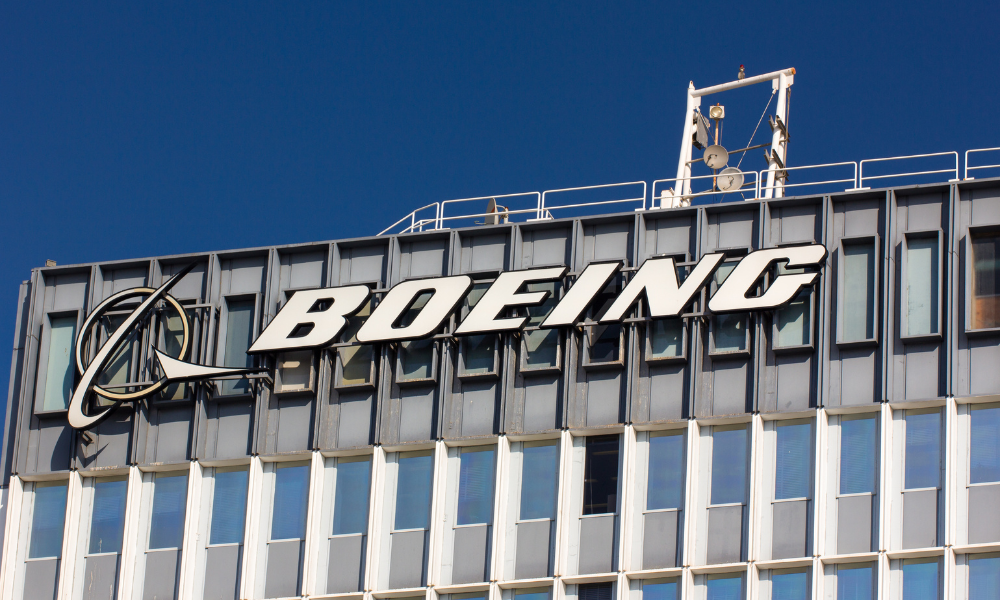But US's FAA calls for change in safety culture at company

Boeing has implemented a series of safety and quality improvements following a high-profile manufacturing failure on a 737 Max jet last year, the company announced Friday, according to a report from the Associated Press (AP).
The updates include enhanced training for mechanics and quality inspectors and new measures to address employee concerns about safety.
Boeing said it has also reduced defects in 737 fuselages supplied by Spirit AeroSystems, a key partner the company is acquiring for $4.7 billion. While Boeing declined to provide specific numbers, the company highlighted its efforts to reinforce codefect-reductionnfidentiality protections for employees reporting safety concerns and to update systems that track critical tasks like metal-stamping work, according to the report.
The updates follow an incident in January 2024, when a panel known as a door plug blew out mid-flight on an Alaska Airlines 737 Max.
The blowout created a hole in the side of the aircraft, but pilots were able to land safely in Portland, Oregon. Preliminary findings by the National Transportation Safety Board (NTSB) indicated that bolts securing the panel were not replaced after maintenance at a Boeing factory.
The NTSB continues to investigate the incident, and the Federal Aviation Administration (FAA) has increased its oversight of Boeing operations. Measures include limiting production of new 737 Max jets, grounding planes with similar door plugs, and deploying more FAA inspectors to Boeing facilities.
FAA calls for long-term cultural shift
Despite these safety initiatives, FAA Administrator Mike Whitaker said Boeing needs to make deeper, sustained changes.
“Boeing is working to make progress executing its comprehensive plan in the areas of safety, quality improvement, and effective employee engagement and training,” Whitaker said, according to AP. “But this is not a one-year project. What’s needed is a fundamental cultural shift at Boeing that’s oriented around safety and quality above profits.”
The FAA has acknowledged its own shortcomings in oversight, with Whitaker admitting last summer that the agency’s scrutiny of Boeing “wasn’t good enough.” Whitaker said the FAA is reviewing NTSB recommendations to improve its regulatory practices.
Whitaker, who is stepping down in two weeks, stressed the need for Boeing’s leadership to prioritize safety at all levels of the organization.
“That will require sustained effort and commitment from Boeing, and unwavering scrutiny on our part,” he said, according to the report.





